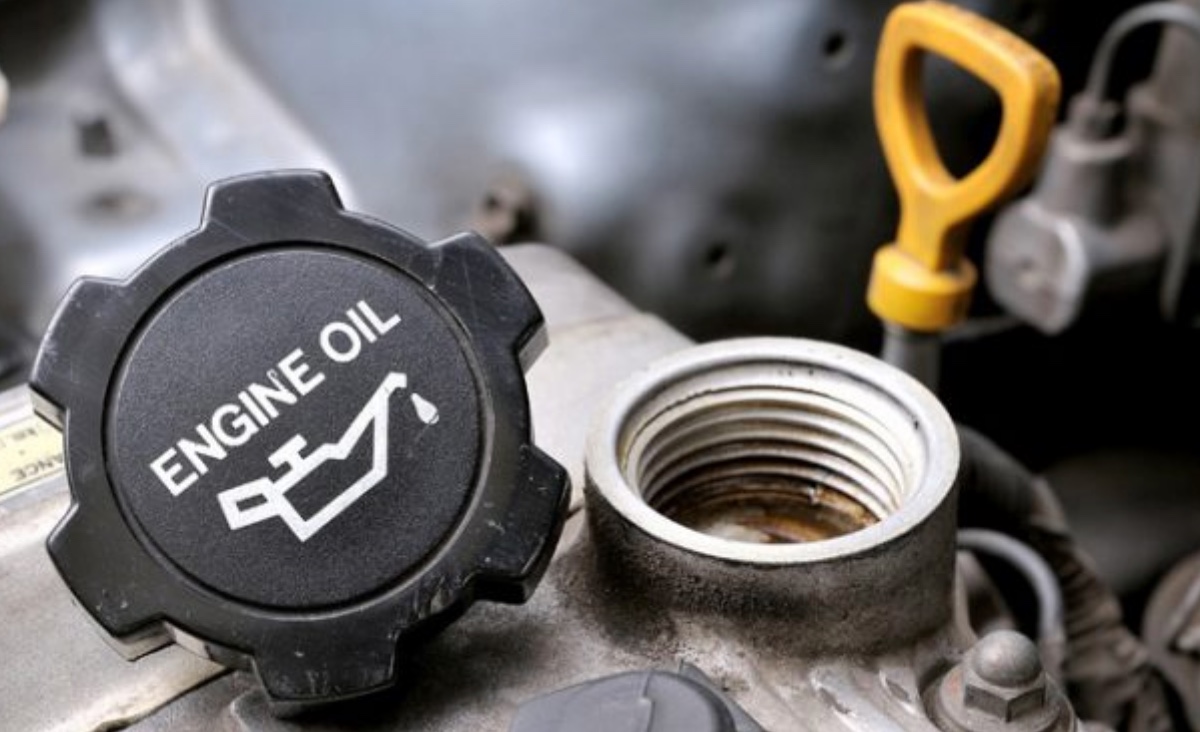Optimize Your Vehicle'S Efficiency With Regular Oil Adjustments
Keeping your automobile's efficiency is a diverse venture, with routine oil changes standing out as an essential element. Fresh engine oil plays a critical function in making certain optimal lubrication, decreasing friction, and preventing wear on essential elements. Lots of vehicle drivers forget the signs that indicate a requirement for an oil modification, possibly endangering their lorry's longevity.
Significance of Regular Oil Adjustments
While many automobile owners might ignore the importance of normal oil adjustments, overlooking this essential upkeep task can bring about serious consequences for engine efficiency and longevity. Engine oil plays a vital role in lubricating moving components, reducing rubbing, and protecting against getting too hot. With time, oil deteriorates because of direct exposure to heat and impurities, which decreases its effectiveness.
Falling short to alter the oil frequently can result in the build-up of sludge and particles, which can block crucial engine parts and lead to enhanced wear. This not only compromises engine effectiveness yet can also cause costly repairs and even total engine failing. Additionally, old oil sheds its ability to counteract acids generated throughout burning, which can cause corrosion and more damages.
In addition, several car suppliers recommend details oil change intervals, typically based upon gas mileage or time. Sticking to these guidelines is important for maintaining guarantees and ensuring optimal vehicle performance. In recap, routine oil modifications are not merely a pointer; they are an essential part of responsible vehicle maintenance that safeguards the engine and improves general efficiency. Prioritizing this task will certainly contribute dramatically to the longevity and integrity of any automobile. Oil Change Lockhart.
Benefits of Fresh Oil
Transforming to fresh oil provides numerous benefits that straight improve engine efficiency and efficiency. Among the primary benefits of fresh oil is its superior lubricating properties. New oil decreases rubbing in between engine parts, which not just minimizes wear but likewise adds to smoother procedure. This leads to improved gas effectiveness, as the engine does not have to function as difficult to conquer resistance.
In addition, fresh oil successfully cleans the engine by suspending contaminants and preventing sludge buildup. Over time, oil becomes infected with dust, steel bits, and combustion byproducts. Frequently replacing oil guarantees that these hazardous substances are removed, advertising a cleaner and much healthier engine atmosphere.
Furthermore, fresh oil aids in optimum temperature level guideline. It dissipates heat better, preventing getting too hot and prospective damage to engine parts. This is particularly crucial throughout peak performance circumstances, where warmth buildup can hinder engine capability.
Signs Your Oil Demands Altering
Engine oil is the lifeline of your automobile, and recognizing when it requires changing is vital for maintaining optimum performance - Oil Change Lockhart. A number of signs suggest that it's time for an oil change, and staying vigilant can protect against engine damage and pricey repair work
First, examine the shade and consistency of the oil. Fresh oil is usually amber and smooth, while old oil might appear dark and gritty, indicating contamination and reduced effectiveness. A change in viscosity can also signify that the oil has actually damaged down and is no more adequately lubing engine elements.

Another warning indicator is the oil change light on your dashboard. This sharp functions as a reminder that the oil has reached its life expectancy or that there is a hidden issue needing interest. In addition, uncommon engine sounds, such as knocking or ticking, may suggest not enough lubrication due to degraded oil.
Lastly, go to this site if you notice oil places or puddles under your lorry, it might indicate a leak that necessitates immediate inspection and possible oil modification. Being attentive to these indications will certainly guarantee your engine runs efficiently and successfully.
Picking the Right Oil
Picking the proper oil visit this web-site for your automobile is crucial for making sure optimal efficiency and long life. This assistance will certainly route you towards the appropriate thickness grade, such as 5W-30 or 10W-40, which suggests the oil's thickness at different temperatures.
Following, take into consideration the sort of oil: standard, artificial, or a blend. Traditional oil is acquired from unrefined oil and is suitable for older automobiles, while artificial oil offers exceptional security and efficiency for modern engines, particularly under extreme problems. Artificial blends incorporate the advantages of both and are frequently an economical choice.
In addition, try to find oils that meet sector requirements, such as API (American Oil Institute) or ACEA (Organization des Constructeurs Européens d'Automobiles) certifications. These indicators guarantee that the oil has been tested for top quality and efficiency. Ultimately, choosing the right oil not just enhances engine performance but likewise adds to the general health of your automobile, leading the way for smoother driving experiences.
Oil Adjustment Frequency Recommendations

Variables influencing oil modification frequency include driving problems, such as stop-and-go web traffic, severe temperatures, and towing hefty lots. Under extreme conditions, it may be prudent to transform the oil a lot more frequently to stop engine wear. In addition, some contemporary automobiles come furnished with oil life tracking systems that supply personalized recommendations based on driving habits, which can further maximize the oil change routine.
It's essential to consult your proprietor's guidebook for particular referrals tailored to your automobile. Adhering to these guidelines not only maintains engine wellness yet also improves gas efficiency and minimizes exhausts. In conclusion, routine oil adjustments, timed appropriately based on different variables, are a fundamental facet of vehicle upkeep that can significantly impact efficiency and long life.
Verdict
